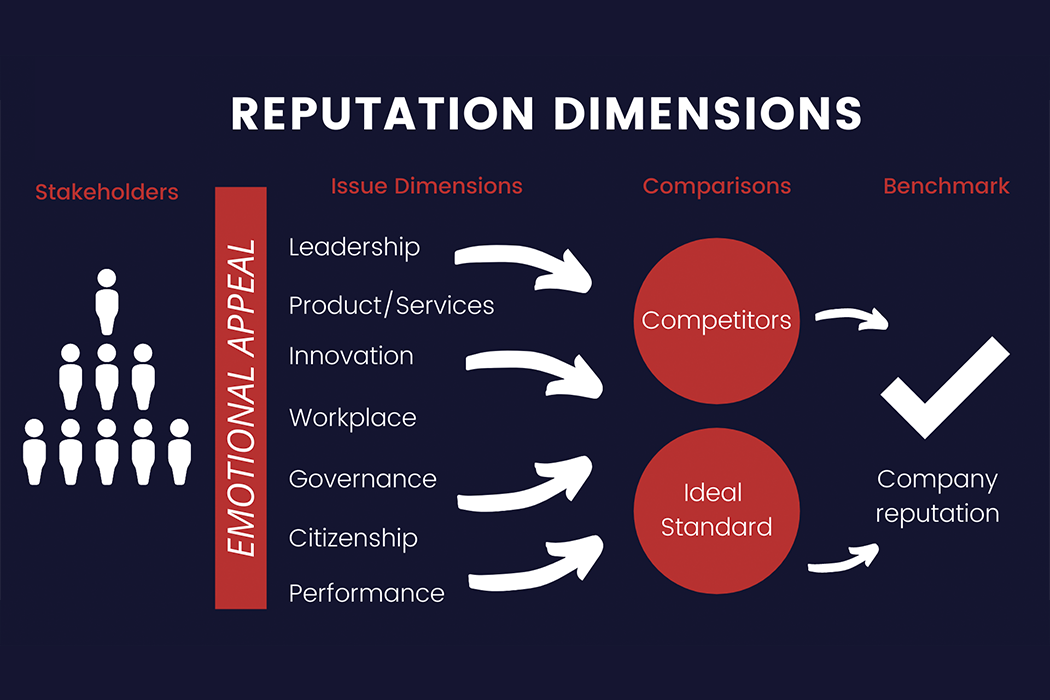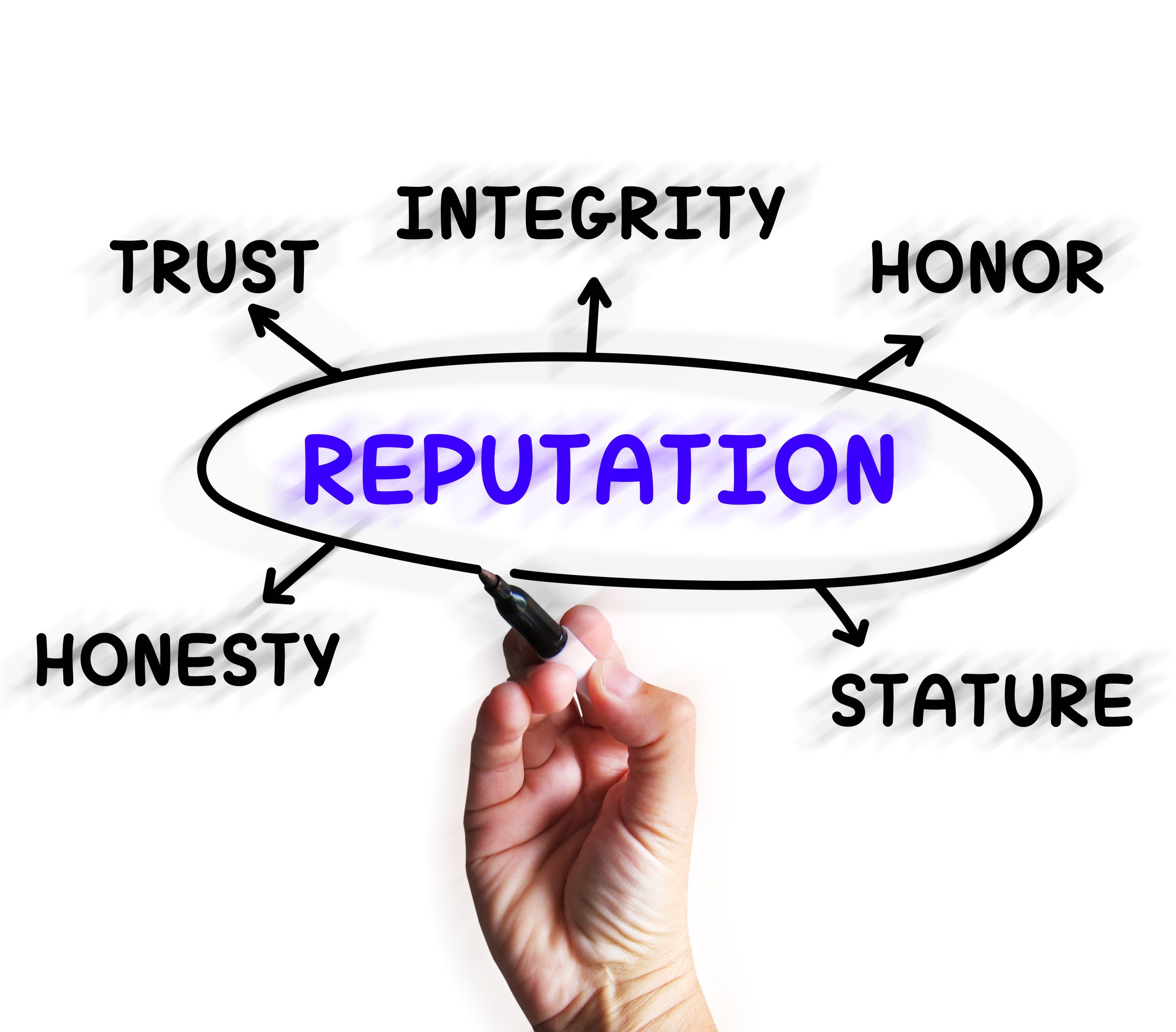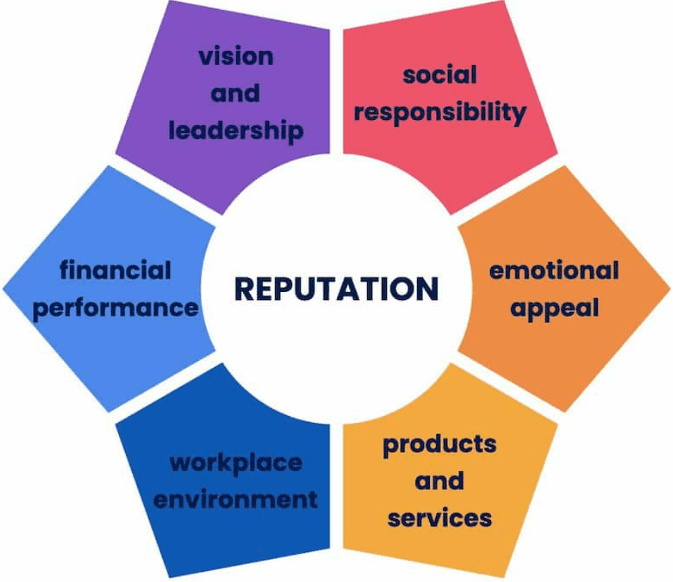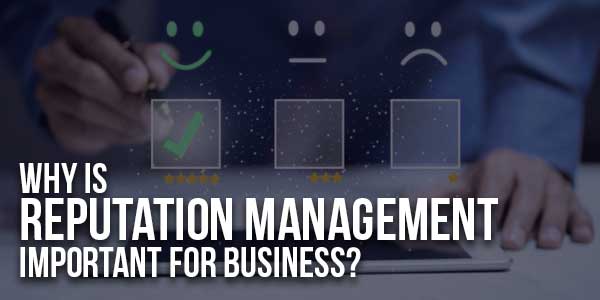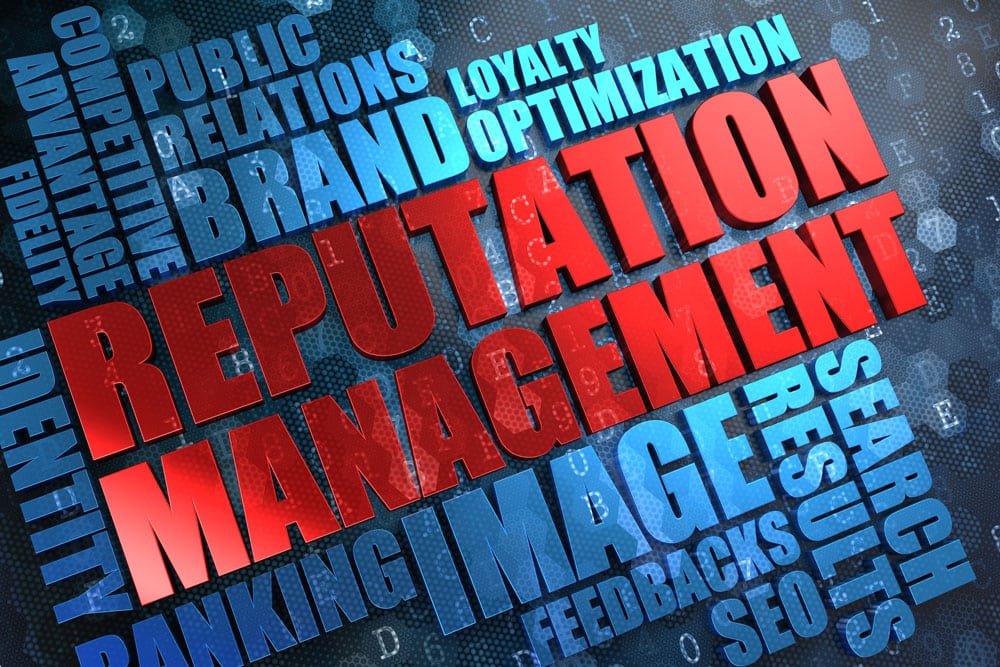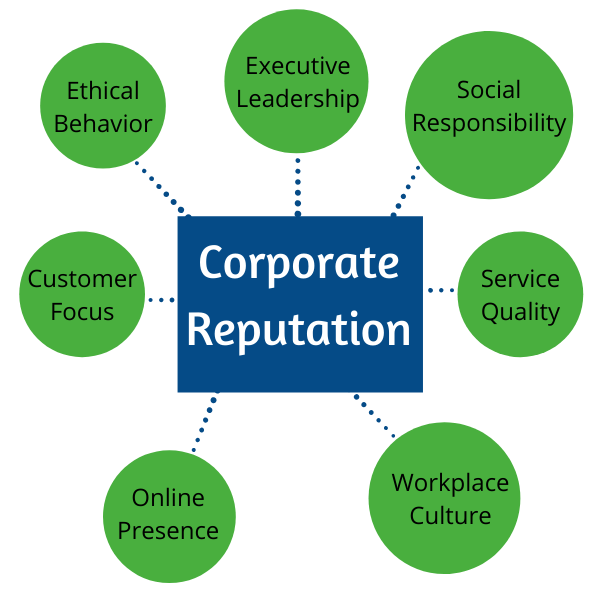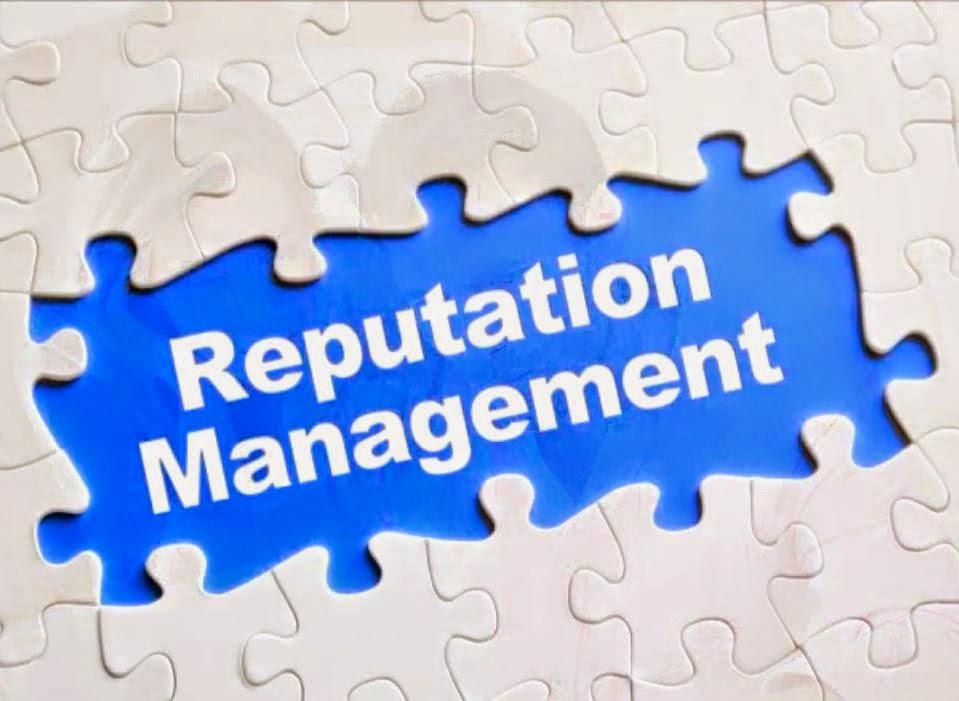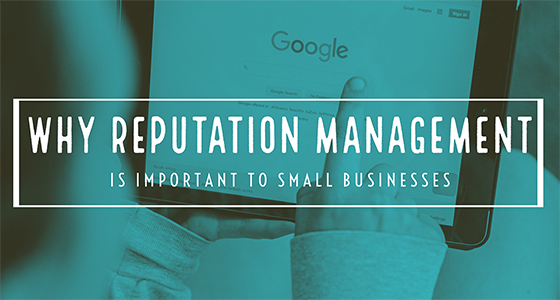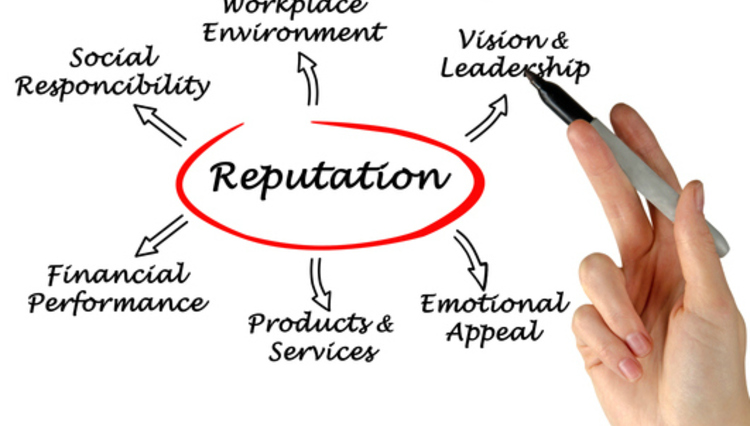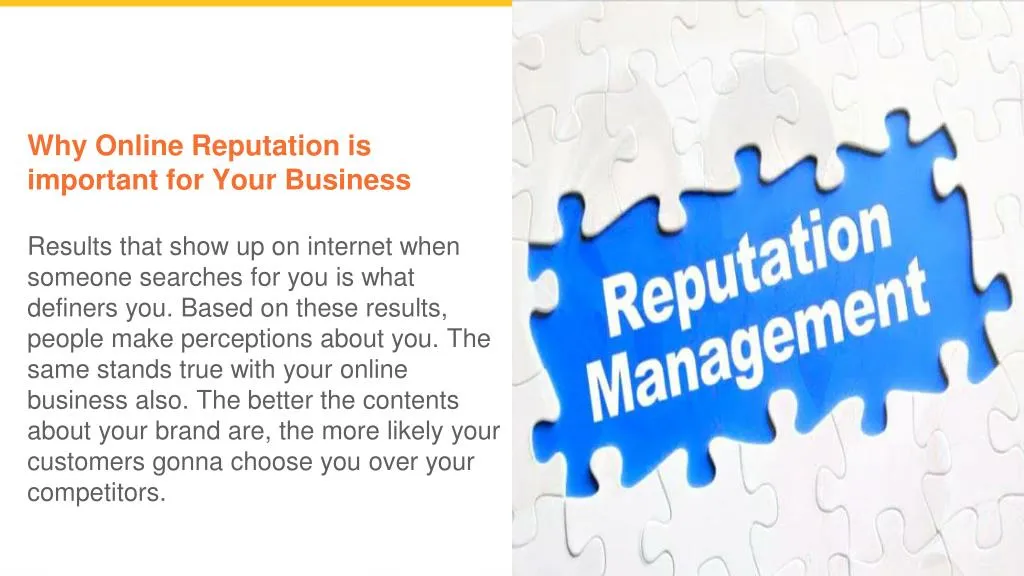Is Reputation Important In Business
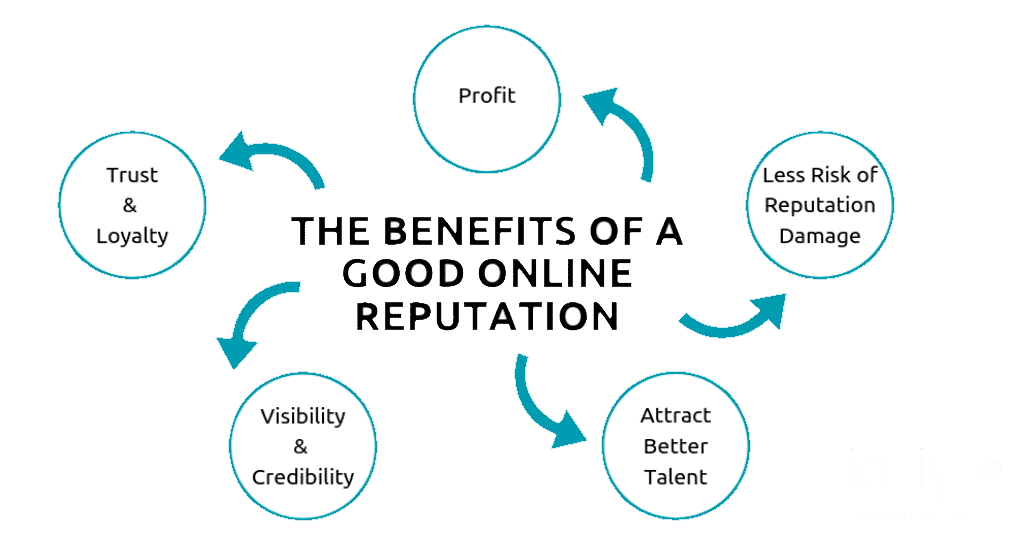
Imagine a bustling marketplace, vendors hawking their wares, the air thick with the scent of spices and the sounds of bartering. Now, picture two stalls side-by-side selling similar goods. One is teeming with customers, the other sparsely populated. The difference? Often, it boils down to something intangible yet powerful: reputation.
At its core, reputation is the collective perception of a business formed by its stakeholders – customers, employees, investors, and the wider community. A strong, positive reputation is more than just good PR; it's a critical asset that can drive growth, attract talent, and build lasting customer loyalty. But is it really that important in today's fast-paced, ever-evolving business landscape?
The Foundation of Trust
Reputation is the bedrock of trust in business. In a world overflowing with choices, consumers are increasingly relying on online reviews, testimonials, and word-of-mouth referrals to make informed decisions. A survey by Nielsen, for example, consistently shows that consumers trust recommendations from people they know more than any other form of advertising.
Consider the impact of a negative review. A single, well-articulated complaint can deter potential customers and damage a brand's image, especially in the age of social media where information spreads rapidly. Conversely, a consistently positive track record builds confidence and encourages repeat business.
Beyond Customer Perception
The significance of reputation extends far beyond just customer perception. A strong reputation also plays a vital role in attracting and retaining top talent. In today's competitive job market, employees are drawn to organizations known for their ethical practices, positive work environment, and commitment to social responsibility.
Research by the Reputation Institute suggests that companies with strong reputations have an easier time attracting and retaining employees. This leads to lower turnover rates, reduced training costs, and a more engaged and productive workforce. Furthermore, investors are also more likely to back companies with solid reputations, viewing them as less risky and more likely to deliver long-term value.
Reputation in Action
Take the example of Patagonia, the outdoor clothing and gear company. They have cultivated a strong reputation for environmental sustainability and ethical sourcing. Their commitment to these values resonates with consumers who are increasingly conscious of the impact of their purchasing decisions.
This commitment has not only earned them a loyal customer base but also attracted talented employees who share their passion for environmental stewardship. Their example showcases how a commitment to strong values and ethical behavior can translate into tangible business benefits.
Managing Reputation in the Digital Age
Maintaining a positive reputation requires proactive effort and a consistent commitment to ethical business practices. This includes actively monitoring online reviews, responding promptly to customer feedback, and addressing any issues or concerns in a transparent and timely manner.
Companies like Buffer, a social media management platform, have built their reputation on transparency and openness. They openly share their salaries, revenue, and decision-making processes with the public, fostering trust and building a strong sense of community.
Building a positive reputation isn't a quick fix, nor is it purely about marketing tactics. It requires a deep commitment to values, consistent ethical behavior, and a genuine concern for all stakeholders.
A Lasting Legacy
In the long run, a strong reputation is an invaluable asset that can help businesses weather economic storms, navigate crises, and build lasting success. It’s not just about what you sell, but how you sell it, how you treat your employees, and how you contribute to the community.
Ultimately, reputation is about building a legacy of trust, integrity, and value. It’s a testament to the enduring power of ethical business practices and a reminder that in the marketplace of ideas and commerce, character still matters.


